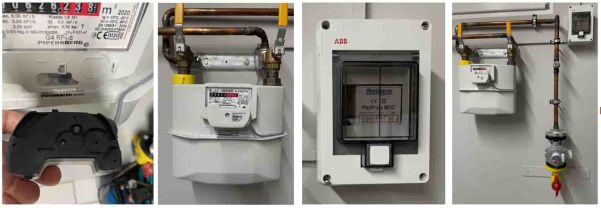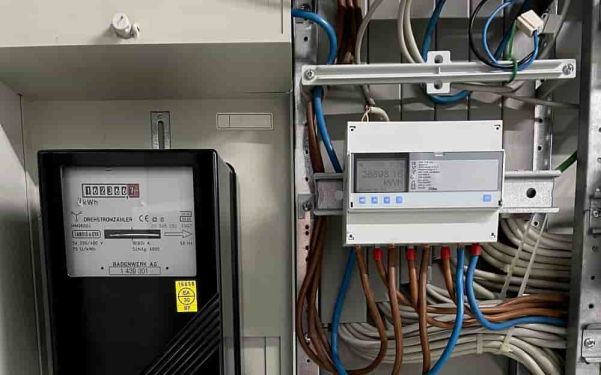The interface between networked buildings and digital energy management
Whether installation will be compulsory or not, it is only a matter of time before smart meters become the standard.Smart meters are the logical consequence of digital energy management, providing both suppliers and consumers with convenient and cost-effective solutions for modern energy and load management. This is reason enough for us to integrate the recording and registering of consumption variables and values as well as their analysis and processing into our training as soon as possible.
For the installation and maintenance of smart meters, learners must first get to know the basics of smart metering systems.
What types of metering systems are there?
What kind of gateways are there and what are they used for?
What kind of communication standards are there?
What is an M-Bus?
How do you set up a monitoring system and put it into operation?
How can the data be visualized and processed in a user-friendly way?
These are some of the questions that learners have to grapple with. Lucas-Nülle's Smart Metering training system provides the answers. In practically relevant project work, trainees learn to use digital electricity meters and how to convert analogue meters to digital ones. They learn what equipment is required to read and manage different energy, gas and water meters and build up a load management system. Finally, the course enables them to learn how to display and process all the consumption data in an appropriate way for the customer via a monitoring system.

Furthermore, the training system can be expanded as required.
For example, an energy-dependent integration of Hybrid and All Electric Vehicles or a combination of Energy Management and Renewable Energies is possible. The data recorded can also be integrated into a SCADA system for further processing. The Smart Metering training system makes use of the M-Bus communication standard. The data collected is stored locally in the Smart Meter Gateway. The training system consists of several modules and can either be used as a standalone unit or combined with other training systems. It facilitates capture, storage, visualization and analysis of the consumption data of up to 16 electricity, gas or water meters. In addition, you can manually configure other M-Bus meters or M-Bus pulse adapters and add them to the system.
"This system provides teachers, instructors and lecturers with every opportunity to cover this central Building Management Systems component as part of digital energy management training."
Lutz Schulz, Product Manager Building Management Systems
